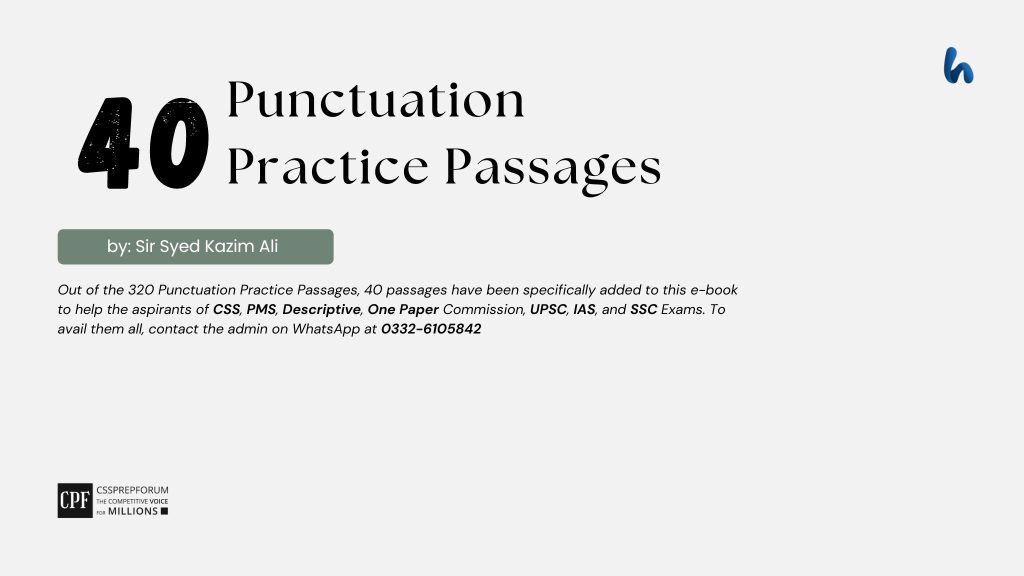This article comprehensively overviews the most important society terminologies crucial for CSS and PMS aspirants. Learning to write them will enable aspirants to navigate complex political concepts effectively.

Learning to write subject terminologies is always essential for competitive exam students, especially CSS and PMS. This practice gives aspirants a deeper understanding of complex concepts, ultimately helping them articulate their thoughts clearly. Learning to write these terms appropriately not only enhances comprehension but also equips aspirants to engage effectively with exam essays. For example, in fields like political economy, acquaintance with terms such as “globalization” and “trade barriers” helps aspirants confidently analyze and debate relevant issues. After learning these terminologies, aspirants can tackle exam questions more adeptly because they can apply these terms contextually, demonstrating their knowledge and critical thinking skills. Therefore, learning subject-specific terminology is not just about learning words or vocabulary; it’s all about improving exam scores.
I have compiled the following terminologies from various reputable sources: dictionaries, websites, books, and magazines. This compilation is intended to aid my students in enhancing their vocabulary and effectively articulating their thoughts in essays, whether for compulsory or optional subjects.
Important Society Terminologies
| Society |
| A group of people who share a common culture and territory. |
| Culture |
| The shared beliefs, values, customs, and behaviors of a group of people. |
| Socialization |
| The process of learning to become a member of society. |
| Social Structure |
| The patterns of relationships and interactions between individuals and groups. |
| Social Institutions |
| Organizations that meet the basic needs of society, such as family, education, and religion. |
| Functionalism |
| A theory that emphasizes the importance of social institutions in maintaining social order. |
| Conflict Theory |
| A theory that emphasizes the role of power and inequality in shaping society. |
| Symbolic Interactionism |
| A theory that focuses on the meaning that people attach to symbols and interactions. |
| Structural Functionalism |
| A theory that emphasizes the interdependence of social institutions in maintaining social stability. |
| Feminist Theory |
| A theory that analyzes gender inequality and the role of women in society. |
| Social Group |
| A collection of people who interact with each other and share a common identity. |
| Primary Group |
| A small, intimate group characterized by strong emotional ties. |
| Secondary Group |
| A large, impersonal group characterized by weak emotional ties. |
| Reference Group |
| A group that people use as a standard for evaluating themselves. |
| In-group |
| A group that a person identifies with. |
| Out-group |
| A group that a person does not identify with. |
| Social Stratification |
| The hierarchical arrangement of social groups in a society. |
| Social Class |
| A group of people who share a similar economic position. |
| Social Mobility |
| The movement of individuals between different social classes. |
| Social Inequality |
| The unequal distribution of resources and opportunities within a society. |
| Family |
| A group of people related by blood, marriage, or adoption. |
| Education |
| The process of learning and acquiring knowledge. |
| Religion |
| A system of beliefs and practices related to the supernatural. |
| Economy |
| The production, distribution, and consumption of goods and services. |

| Politics |
| The process of making decisions that apply to a group of people. |
| Poverty |
| The state of being poor. |
| Crime |
| Behavior that violates the law. |
| Deviance |
| Behavior that deviates from societal norms. |
| Discrimination |
| The unfair treatment of a person or group based on their identity. |
| Social Inequality |
| The unequal distribution of resources and opportunities within a society. |
| Social Change |
| The transformation of society over time. |
| Social Movements |
| Organized groups of people who advocate for social change. |
| Social Reform |
| The process of improving society through social change. |
| Social Progress |
| The advancement of society toward a better state. |
| Globalization |
| The increasing interconnectedness of the world’s economies. |
| Social Psychology |
| The scientific study of how people think, feel, and behave in social situations. |
| Attitudes |
| Learned beliefs and evaluations of people, objects, or ideas. |
| Stereotypes |
| Oversimplified beliefs about a group of people. |
| Prejudice |
| A preconceived judgment about a group of people. |
| Criminal Justice System |
| The institutions and processes involved in the enforcement of the law. |
| Recidivism |
| The tendency of former prisoners to re-offend. |
| Deviant Subcultures |
| Groups of people who share a common deviant lifestyle. |
| Social Control |
| The mechanisms that regulate social behavior. |
| Formal Social Control |
| Social control exercised by official institutions, such as the police and the courts. |
| Informal Social Control |
| Social control exercised by individuals and groups within society. |
| Deviance Theory |
| Theories that explain why people engage in deviant behavior. |
| Labeling Theory |
| A theory that argues that people become deviant because they are labeled as such. |
Click on Any to Start Reading



FAQs About Sir Syed Kazim Ali

CSS Solved Past Papers’ Essays
Looking for the last ten years of CSS and PMS Solved Essays and want to know how Sir Kazim’s students write and score the highest marks in the essays’ papers? Then, click on the CSS Solved Essays to start reading them.
CSS Solved Essays
CSS Solved General Science & Ability Past Papers
Want to read the last ten years’ General Science & Ability Solved Past Papers to learn how to attempt them and to score high? Let’s click on the link below to read them all freely. All past papers have been solved by Miss Iqra Ali & Dr Nishat Baloch, Pakistan’s top CSS GSA coach having the highest score of their students. General Science & Ability Solved Past Papers











